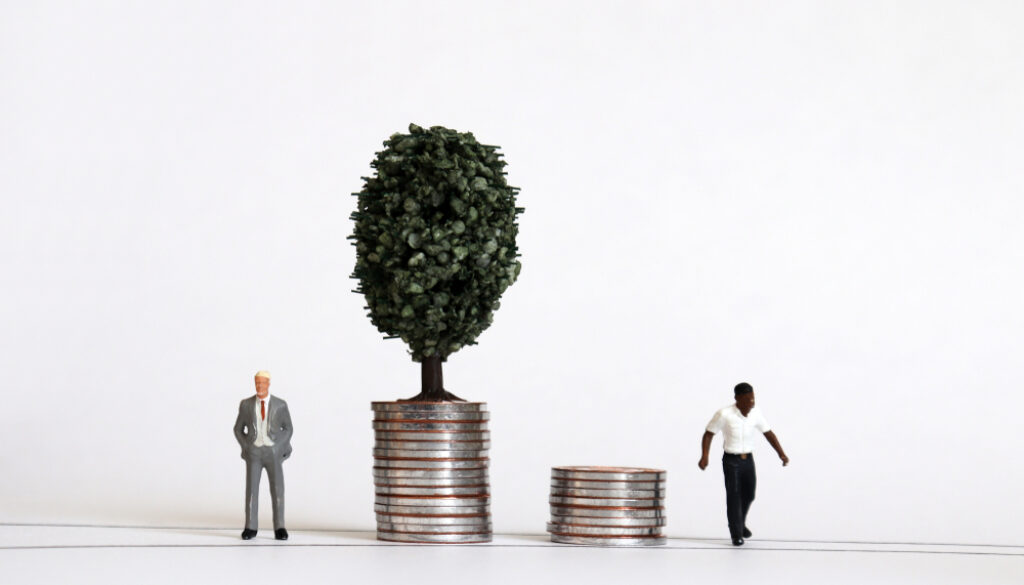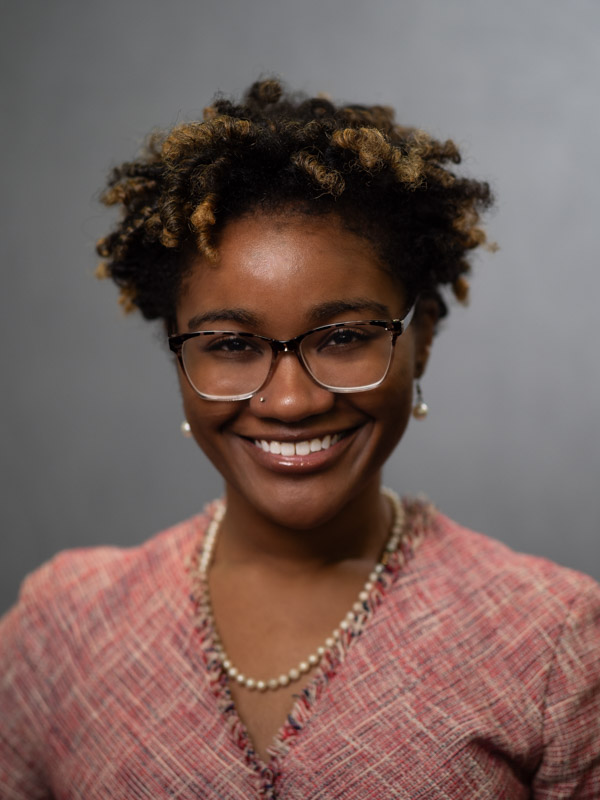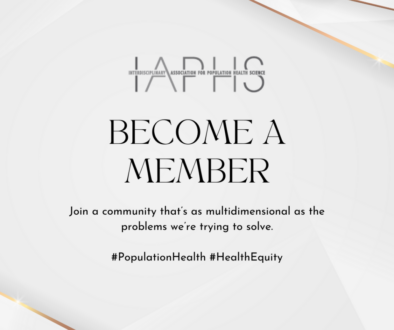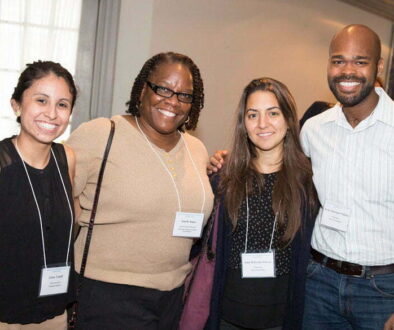The Means Are Living Above Us Now: Race and Poverty in America
Alexis SmithThese days one would be hard-pressed not to come across someone lamenting the cost of groceries or rent, and inevitably, someone will suggest that they could either budget better or live within their means. However, the reality is that you cannot budget or side-hustle your way out of poverty — particularly a poverty that exists within a social system that has historically and systematically favored one group over others. A report published by the Federal Reserve Bank of Minneapolis concluded that “the historical data also reveal that no progress has been made in reducing income and wealth inequalities between black and white households over the past 70 years.”
If you look closely, you’ll find that the United States government has not been inconspicuous about the selective beneficiaries of economic and social policies. Consequently, it is not difficult to conclude why people might feel like poverty is self-imposed when administration after administration has continuously made cuts to social net programs under the guise of aiding or cutting off the “underserving poor.”
These policies most prominently began with Ronald Reagan, continued with Bill Clinton’s welfare reform, and in recent years accelerated with former president Donald Trump, who tightened the requirements for states to request waivers from certain work requirements to receive SNAP benefits — benefits that many individuals and families rely on to keep food on the table. In fact, in an interview before he was elected president, Trump had the following to say about politicians who share about growing up in poverty: ”My entire life, I’ve watched politicians bragging about how poor they are, how they came from nothing, how poor their parents and grandparents were. And I said to myself, if they can stay so poor for so many generations, maybe this isn’t the kind of person we want to be electing to higher office…How smart can they be? They’re morons.”
If the former leader of the country and the Republican candidate for the upcoming presidential election believes that systemic poverty reflects intellectual ability — disregarding the fact that he, himself, has filed business for bankruptcy many times — what does that say to Americans who are simply trying to make it?
If the former leader of the country and the Republican candidate for the upcoming presidential election believes that systemic poverty reflects intellectual ability — disregarding the fact that he, himself, has filed business for bankruptcy many times — what does that say to Americans who are simply trying to make it? (In contrast, the Biden administration advanced welfare reform that would ensure more federal and state welfare dollars reached low-income families.)
The face of social safety nets is often portrayed as “welfare queens” or Black single mothers living in federal housing, when in reality, white Americans — by the numbers — receive more social benefits. This portrayal also feeds a narrative that supports divestment from social services and investment in carceral structures. When the rhetoric is that the undeserving poor — or Black and other people of color — are using these services and not contributing to the larger society, it is no surprise that administration after administration, liberal and conservative alike, penalize the poor and place greater restrictions on who can benefit. This, too, contradicts data from the Bureau of Labor Statistics which found that of the 37.9 million living under the poverty level in 2020, 6.4 million of them were among the “working poor.”
The question remains: How can the American people be expected to manage their money when inflation has outpaced wage growth at baseline and is even more stark for racial and gender wage disparities? At a time when the average wealth for white families is seven times higher than the average wealth for Black families and more than one in four Black households have zero or negative net worth, it is difficult to write this off as a moral failing of an entire group of people — especially when these disparities persist even after accounting for age, household structure, education, income, or occupation.
When we equate wealth and prosperity with moral goodness, we fault people for the injustices enacted against them.
When we equate wealth and prosperity with moral goodness, we fault people for the injustices enacted against them. When many Americans are one bad day away from being evicted or unable to meet their monthly rent and utility bills, there is a serious problem in this country. In the U.S. today, 22 out of every 100 families living in poverty receive some form of cash assistance — down from 68 out of every 100 in 1996. This is not because there are fewer families in need, but instead because restrictions and budget cuts have made it increasingly more difficult for families to qualify for and maintain assistance.
Americans have been encouraged to believe that their financial struggles are a personal, moral failing when, in reality, the systems and structures work against them, regardless of how hard they work or their moral character. Yet when the major media and even government officials continue to peddle a bootstraps narrative, this faulty reasoning persists. Structural issues require structural solutions.






All comments will be reviewed and posted if substantive and of general interest to IAPHS readers.